Two decades of engagement in the response to HIV in Brazil
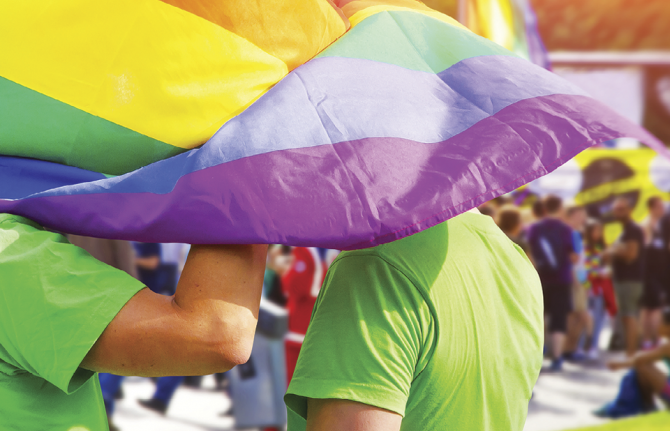
New HIV infections rising in Latin America―key populations particularly affected
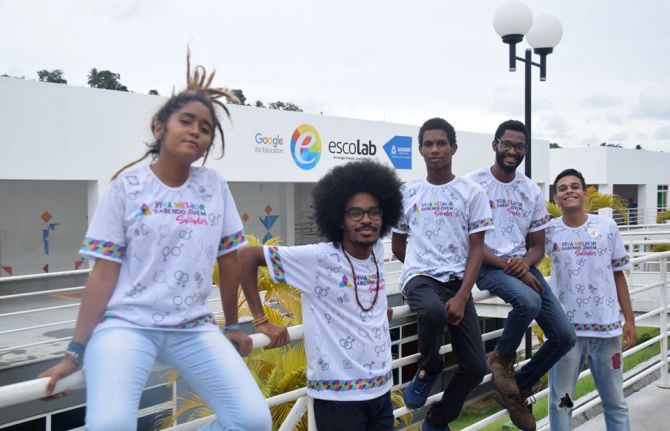
Empowering young Brazilians to talk to their peers about HIV
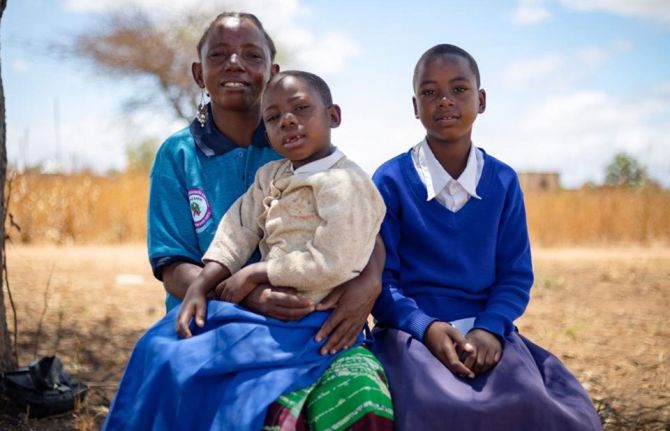
UNAIDS urges all countries to seize the opportunity to unleash the power and potential of this generation of girls
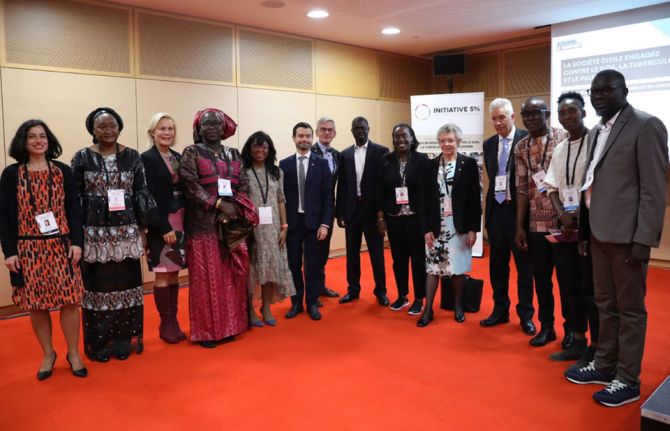
Investing in communities to make a difference in western and central Africa
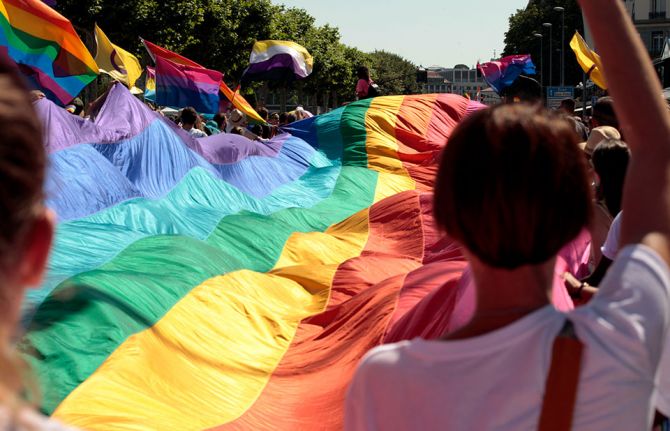
Criminalization of same-sex sexual relationships decreasing
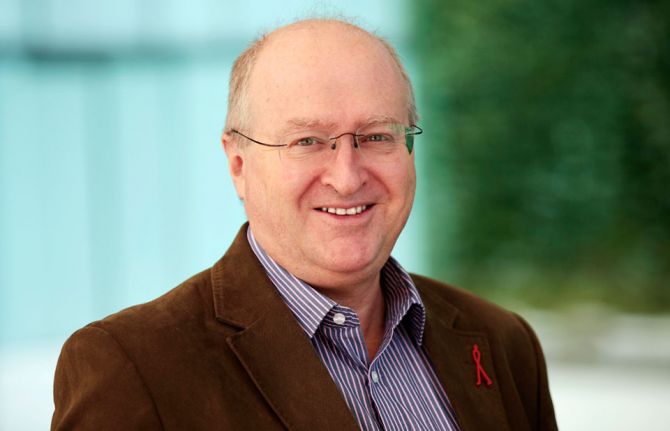
How London’s first dedicated HIV ward changed the AIDS response
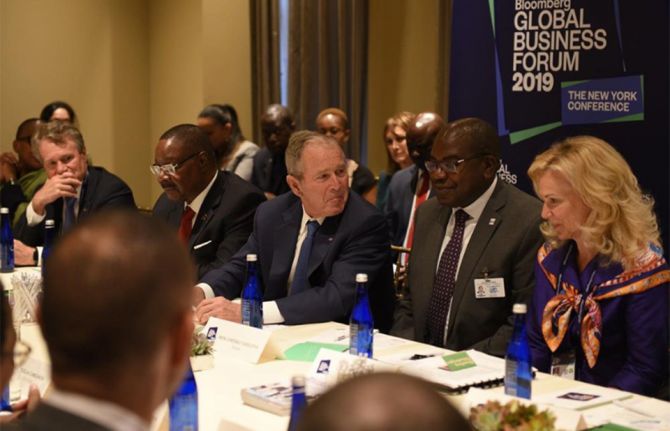
Go Further partnership reaches over half a million HIV-positive women with cervical cancer screening in its first year

Young people taking action, inspiring change
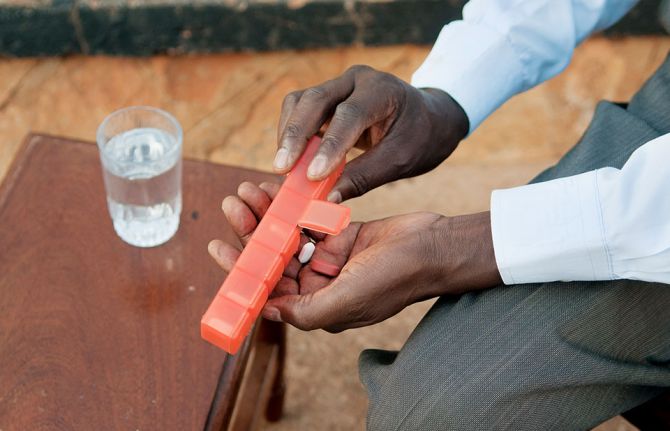
Botswana extends free HIV treatment to non-citizens
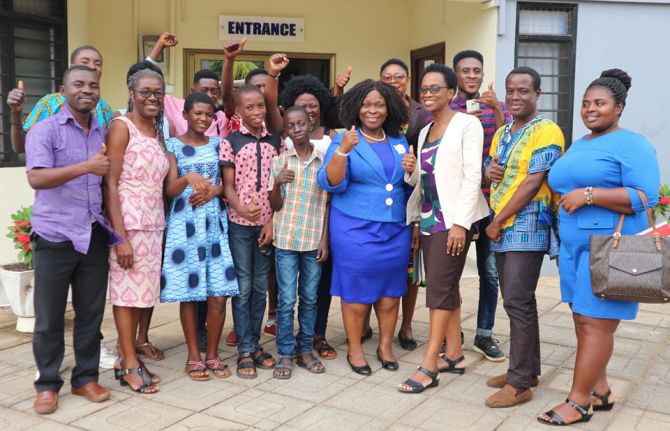
Reduce, reuse, recycle: young Ghanaians say yes to less
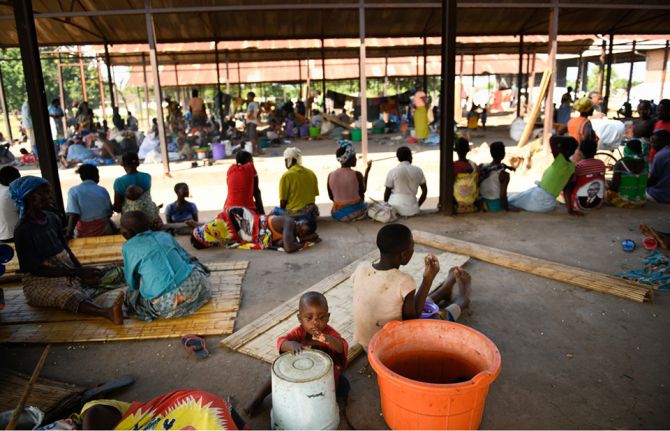
How climate change is affecting people living with HIV
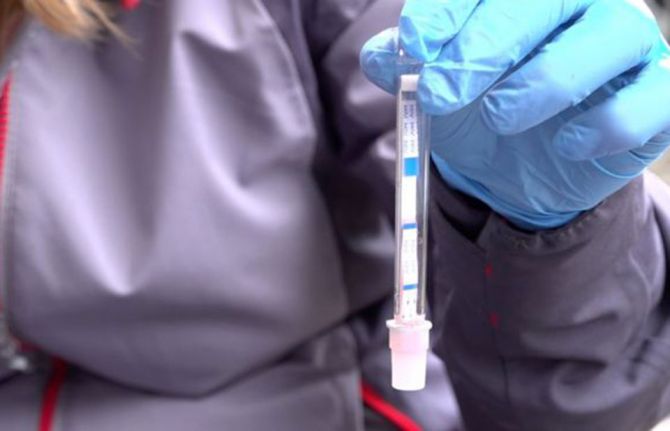
Unwavering care for people who inject drugs on the streets of Glasgow
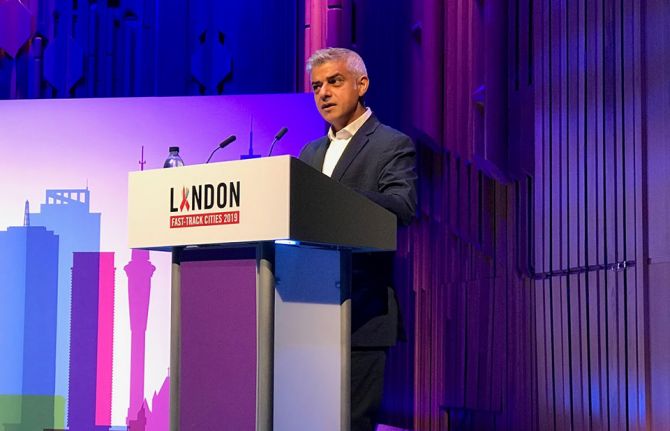
Five years on: 300 Fast-Track cities come together
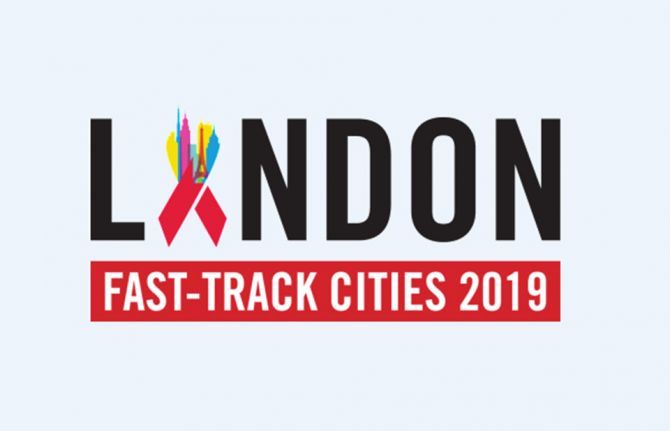
Global leaders unite to tackle health inequalities

Mr Gay England brings visibility to HIV stigma
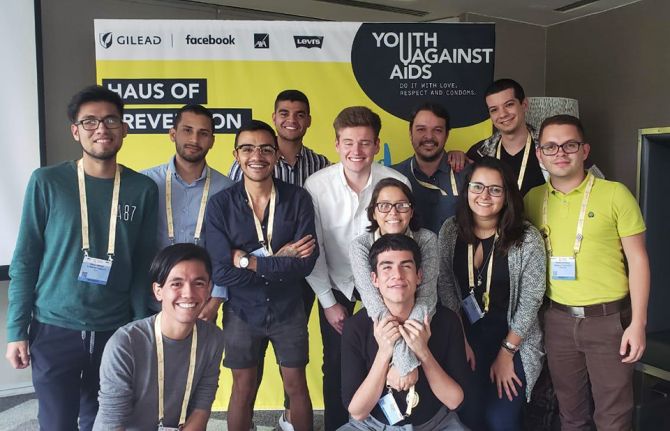
Redefining HIV prevention messages for young people in Latin America
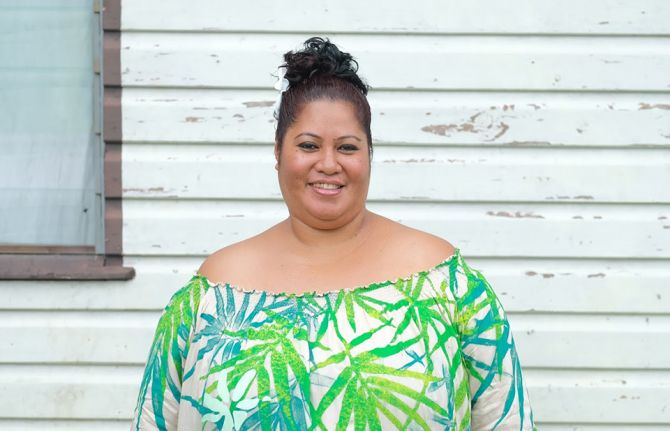
Fear of the unknown
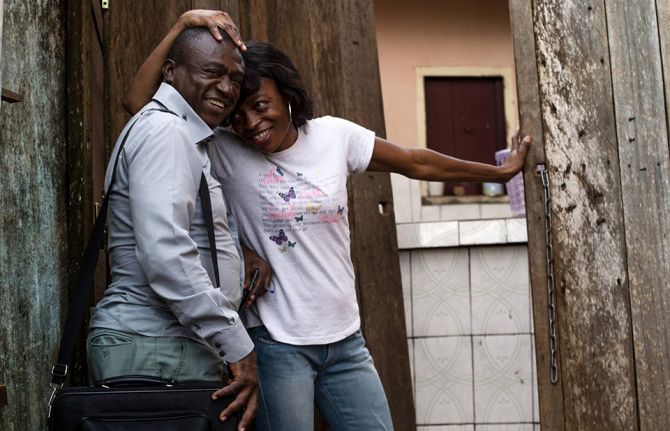
The right to disclose your own status
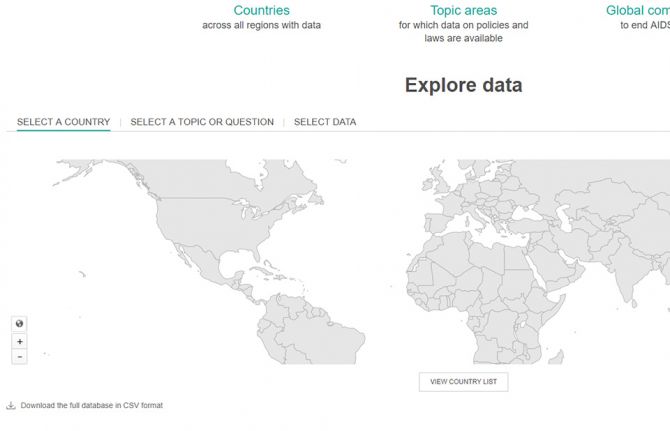
Mapping HIV laws and policies
I’m just a normal teenager living with HIV
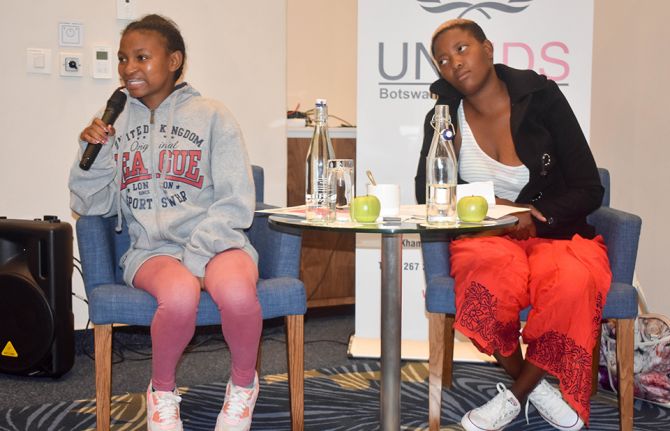
Botswana puts young people at the centre of its AIDS response
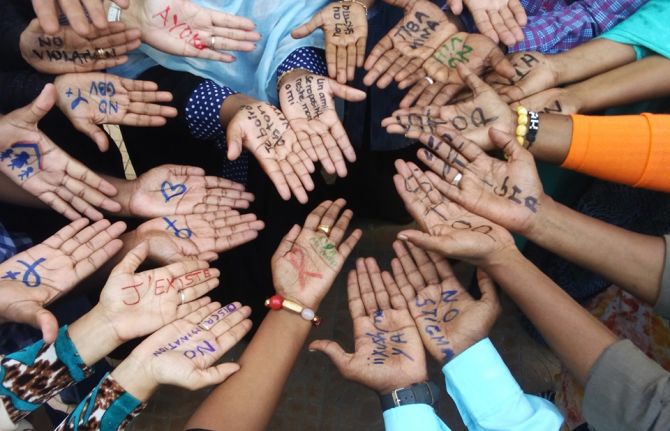
Empowering women living with HIV in Djibouti to live dignified lives
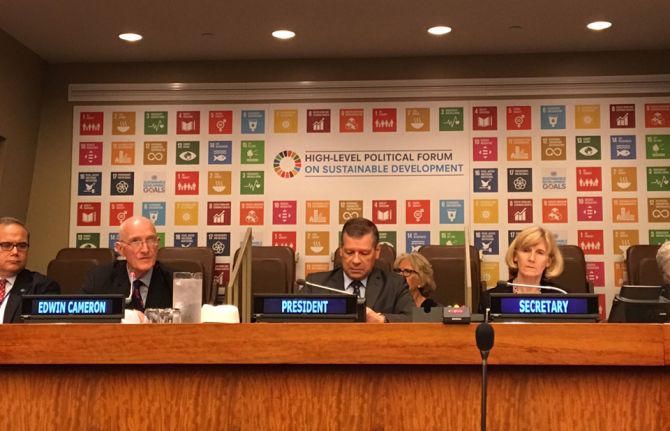
Charting progress against discrimination
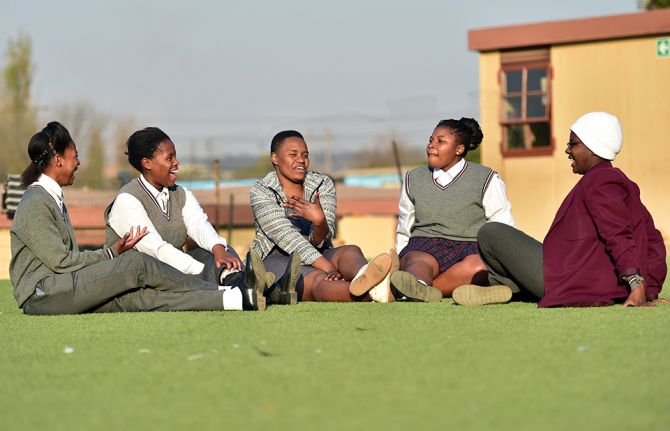
Youth networks are saving lives
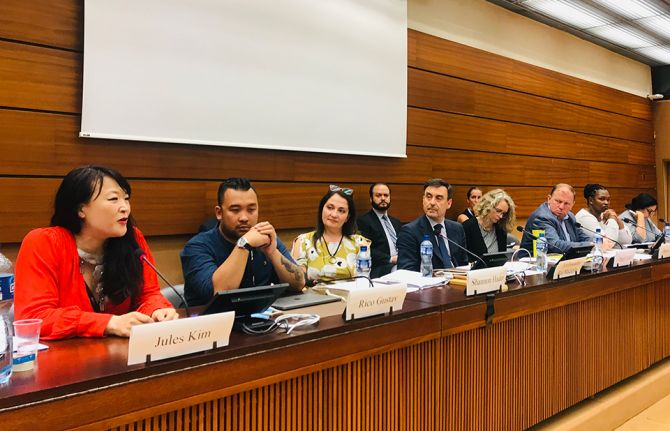
No end to AIDS without respecting human rights
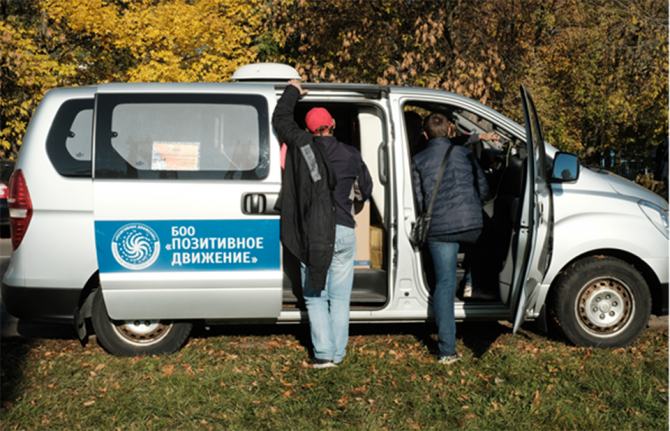
Positive movement: safety, trust and services for people who inject drugs
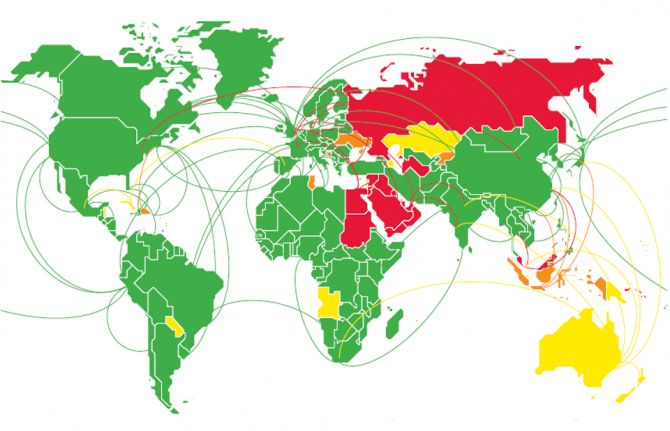
UNAIDS and UNDP call on 48* countries and territories to remove all HIV-related travel restrictions

Deported, denied access, discriminated against because of their HIV status
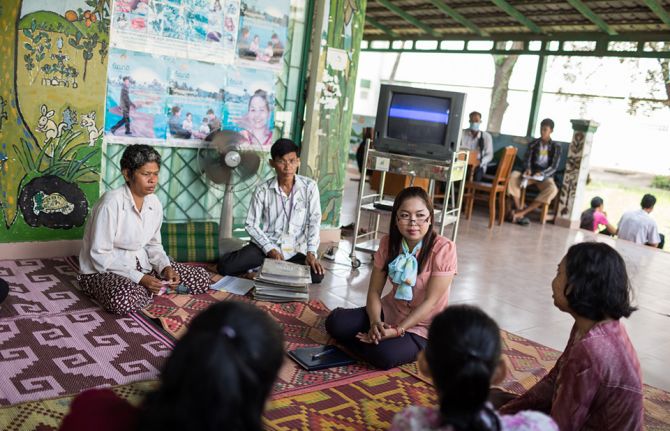
Civil society engagement in universal health coverage
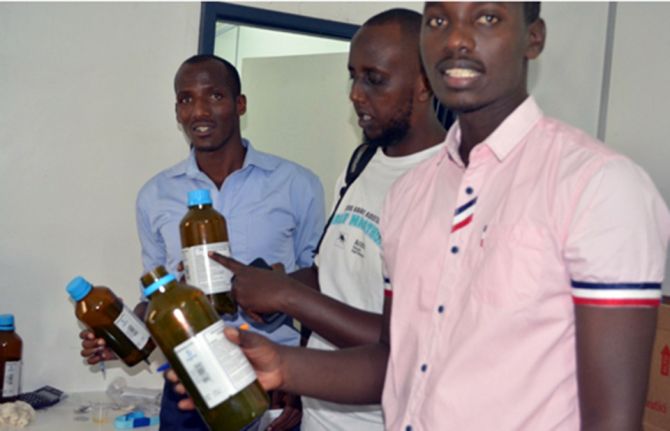
Pushing for harm reduction success in Burundi
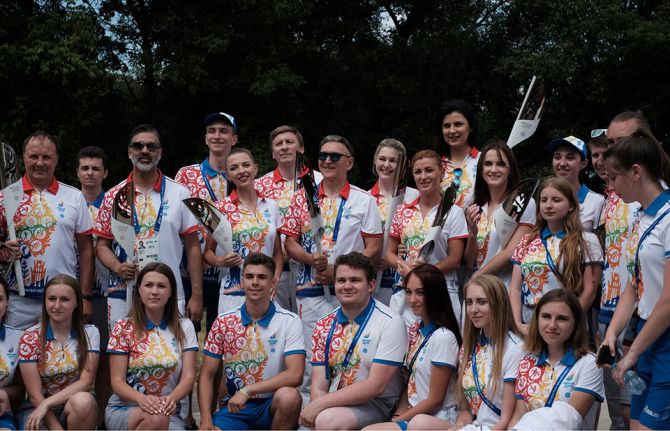
HIV prevention for all at the 2nd European Games 2019 in Minsk
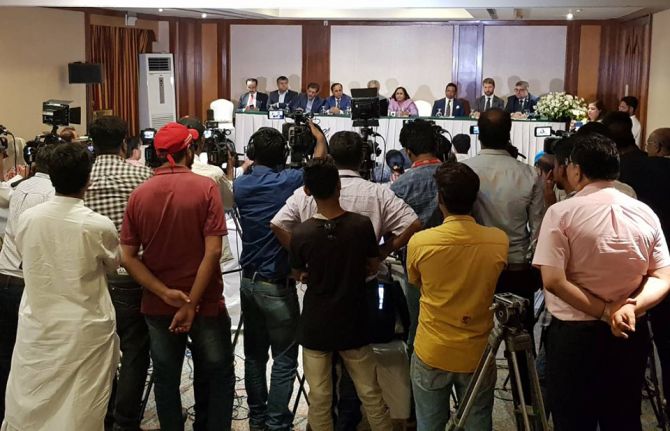
UNAIDS continues to support the response to the HIV outbreak in Pakistan
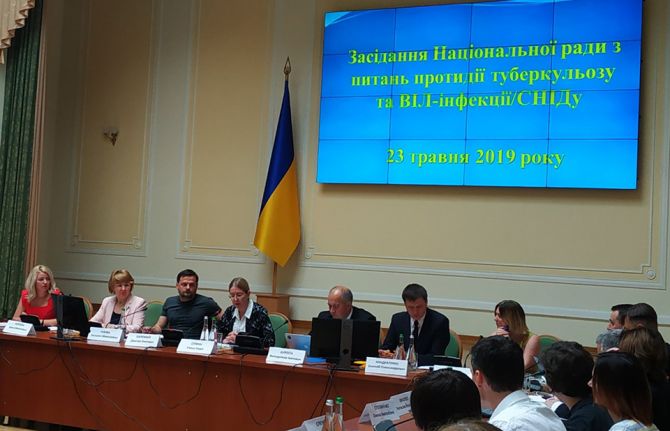
Ukraine: government to fund publicly procured HIV services
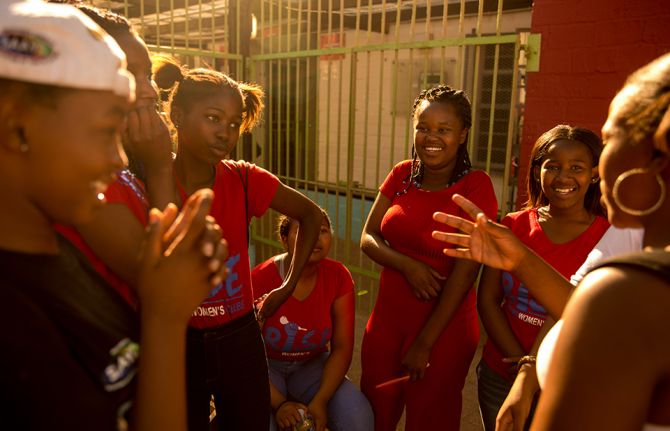
UNAIDS welcomes important study results which find no significant difference in HIV risk among three highly effective contraceptive methods
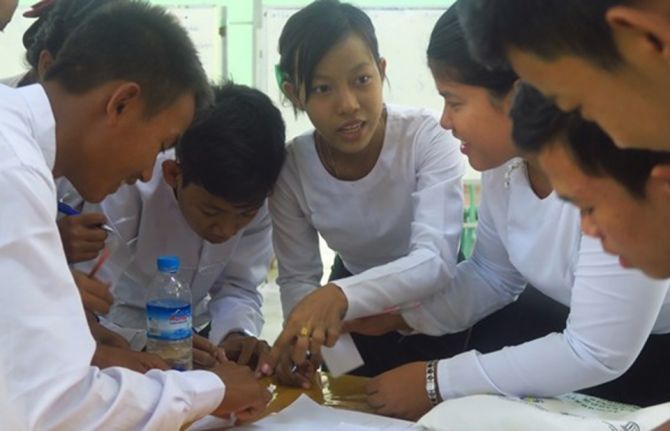
Positive health, education and gender equality outcomes for Myanmar youth
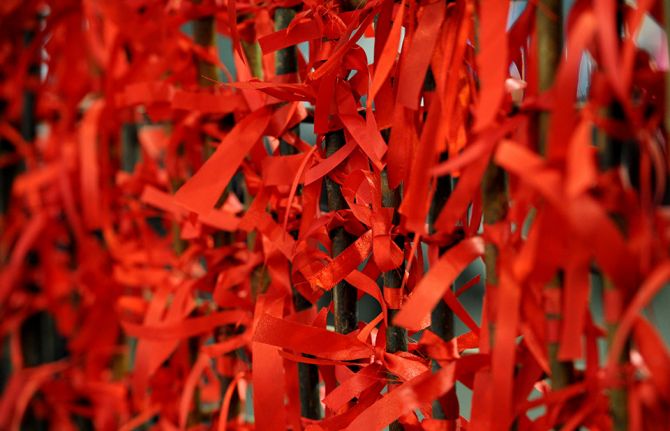
UNAIDS welcomes the decision of the Constitutional Court of Colombia to strike down the section of the criminal code criminalizing HIV transmission
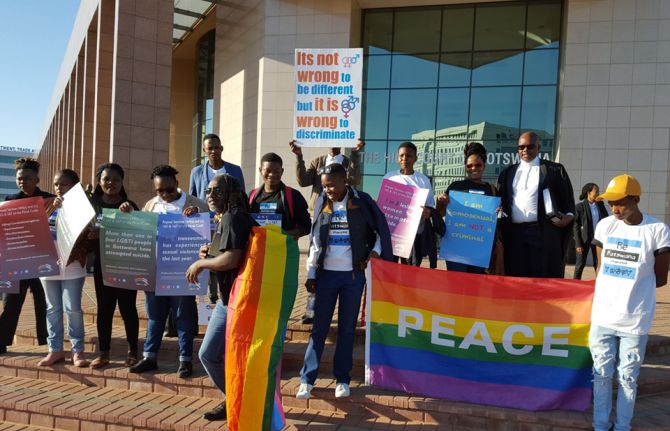
UNAIDS welcomes the decision of the High Court of Botswana to repeal laws that criminalize and discriminate against LGBT people
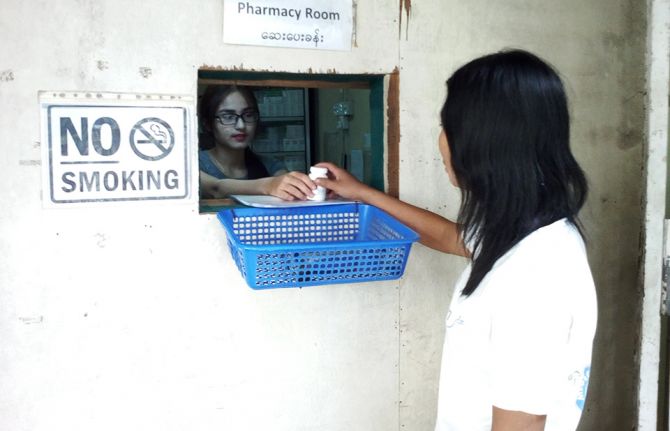
Women who inject drugs more likely to be living with HIV
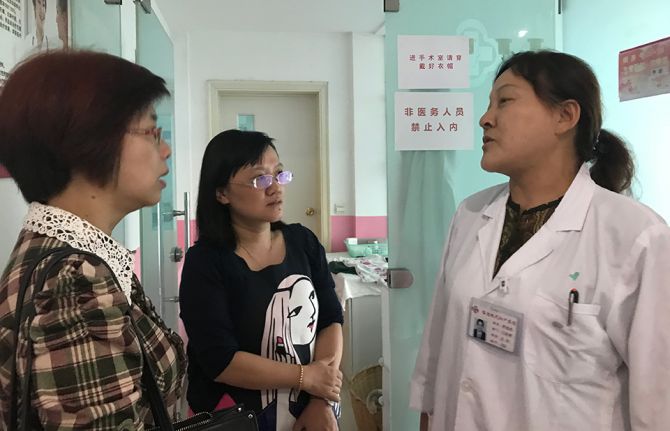
A bond of intimacy, free from HIV

Malawi: remember where we have come from to move forward
Young women demand accountability at Women Deliver
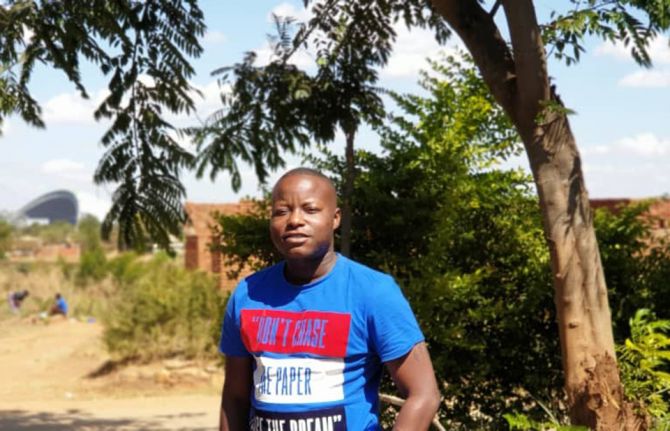
Changing the lives of transgender people in Malawi
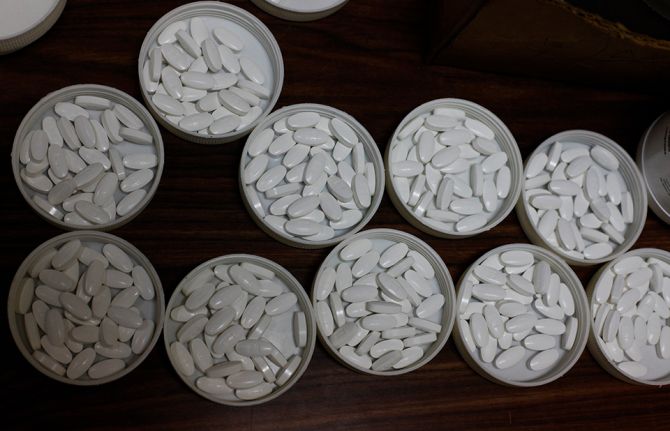
Interagency statement on promoting local production of medicines and other health technologies
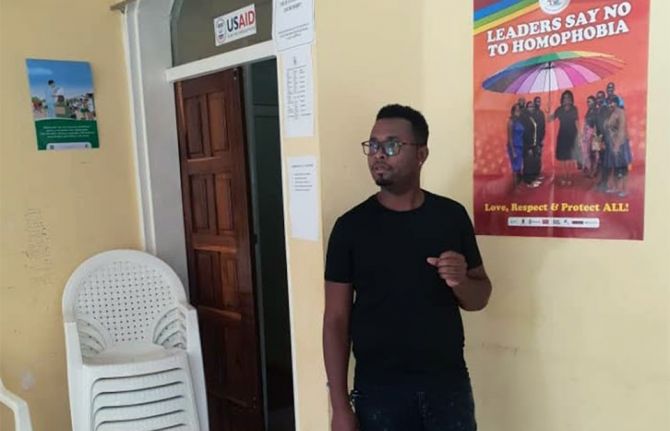
“Be the change”: creating a voice for male sex workers in Malawi
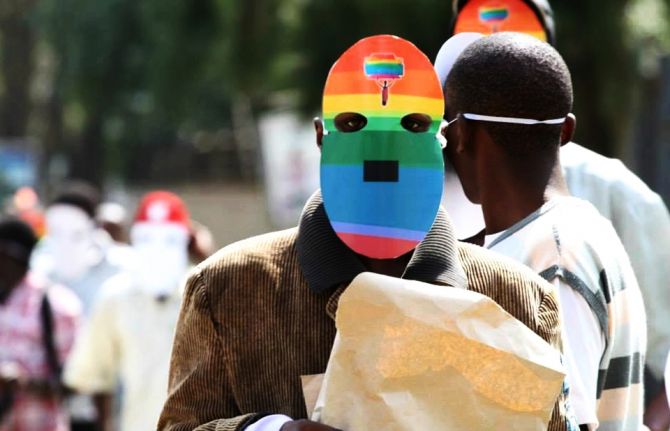
UNAIDS deeply regrets the decision of the High Court of Kenya to maintain laws that criminalize and discriminate against LGBT people
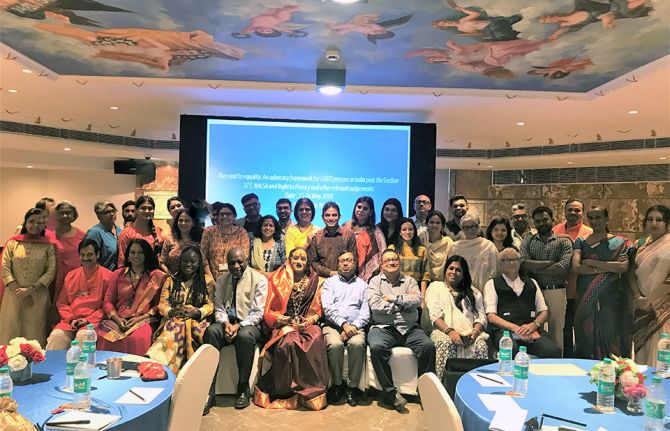
The road to equality for LGBTI people in India
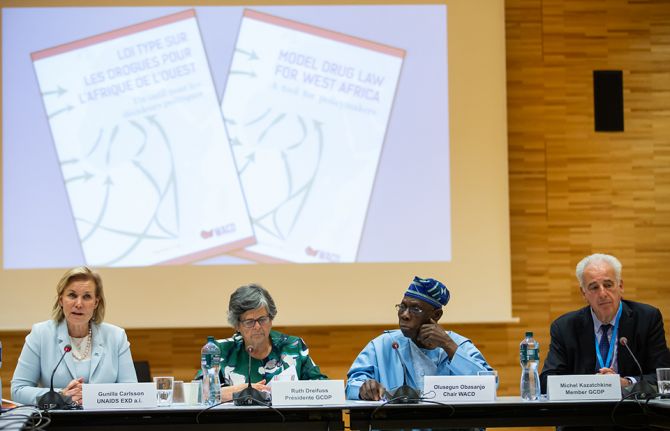
Model Drug Law for West Africa presented to ministers of health on the sidelines of the 72nd session of the World Health Assembly

People who inject drugs falling behind in access to HIV treatment

UNAIDS calls on countries to remove discriminatory laws and enact laws that protect people from discrimination
